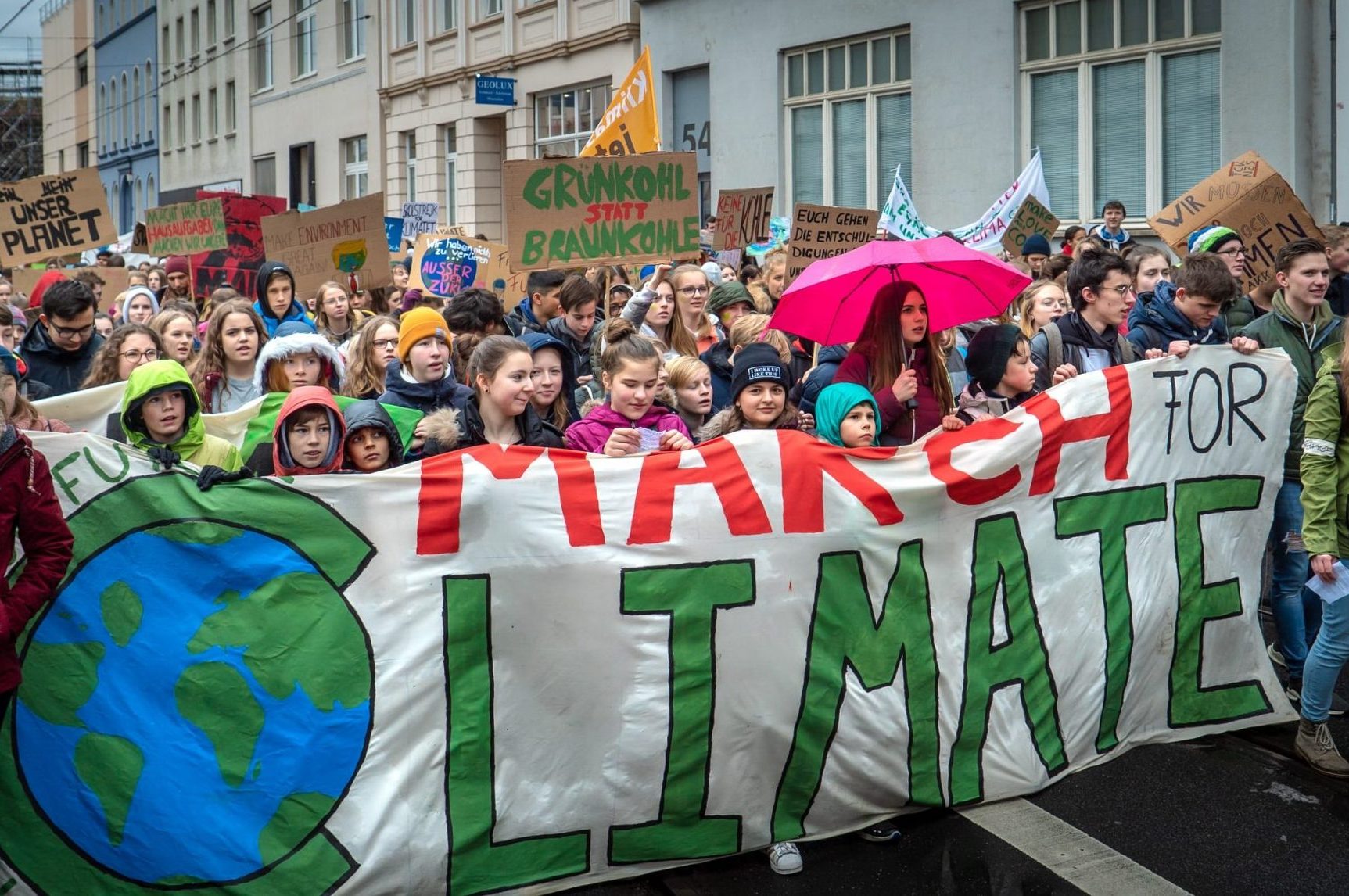Corporate Travel Is a Lightning Rod In Carbon Offsets Debate

Skift Take
Some travel and hospitality companies have good intentions when it comes to becoming more sustainable enterprises, but there are still some uncomfortable truths.
Travel and sustainability will be major talking points over the next couple of weeks ahead of a major climate change conference, but there are concerns corporations are using carbon offsetting as a cover to avoid taking real action to reduce emissions.
The 26th UN Climate Change Conference of the Parties, or COP26, takes place in Glasgow from October 31 to November 12, and corporate marketing departments are in overdrive. However, with companies increasingly uttering terms like carbon neutral, carbon negative and net zero, one sustainability startup warned there’s growing confusion about what these words actually mean.
“There has been a trend of top-down, corporate declarations of net zero targets in recent years and some of these have certainly been made as political gestures, without first considering the realities and how such a target can be achieved,” said Tom Wood, carbon accounting lead at Emitwise.
Corporate travel is in the spotlight. “The sustainability thinking is that we want to reduce business class because it’s less efficient in transporting people,” said Neil Hammond, partner at GoldSpring Consulting, speaking at a recent webinar. “We could fill up more of the plane with more economy seats, that’s a longer term play. Unfortunately, I’m not sure how
